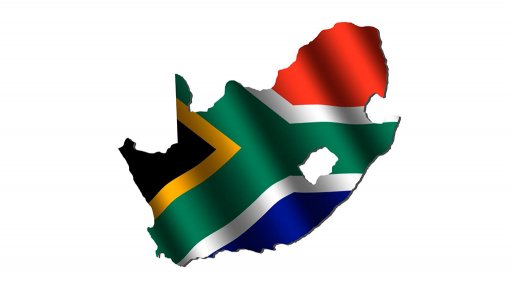
The Department of Water and Sanitation enhanced capital infrastructure project planning, thereby reducing emergency intervention projects to a minimum. This emerged from the department’s appearance before Parliament yesterday, when it tabled its 2016/ 2017 Annual Report.
An improvement of 50% was achieved on the targets of its annual performance plan targets, up from 35% in the previous financial year. These achievements came despite the enormous challenges that the department faced with the debilitating drought of the last three years.
The effects of drought are still being felt even now, as the department accounts for various interventions in preventing that taps run dry and that people have access to water.
The department has taken note of the comments by the Auditor-General on transfers to provinces and municipalities that had been overstated by R1.8 billion and the transfer of assets and liabilities to the implementing agents/ municipalities is taking place during this financial year, to ensure compliance with the Auditor-General’s recommendation.
The Auditor-General has also found that accruals and payables which exceeds a term of 30 days, amounted to R552m and that this amount in turn, increased the incurred unauthorised expenditure. Taking heed of the findings by the Auditor-General, the department has updated its standard operating systems in respect of accruals and payables.
Reconciliations of monthly accruals are being strengthened, training of officials are underway and engagements with implementing agents such as water boards and municipalities are being enhanced.
The Office of the Auditor General Department has also been engaged on areas of dispute regarding fruitless and wasteful expenditure and the department is waiting their response.
The department reiterates that funds were reprioritised in order to allow for major drought interventions that is not limited to the Giyani emergency interventions in Limpopo; the construction of the Richard’s Bay desalination plant to ensure a reliable water supply to the northern economic hub of the Kwazulu-Natal province; as well as the targeted interventions in the Madibeng District Municipality and Ngaka Modiri Molema District Municipality in the North West province, in order to improve and reinstate dysfunctional infrastructure.
It should be noted that no funds were lost to theft.
Issued by the Department of Water and Sanitation